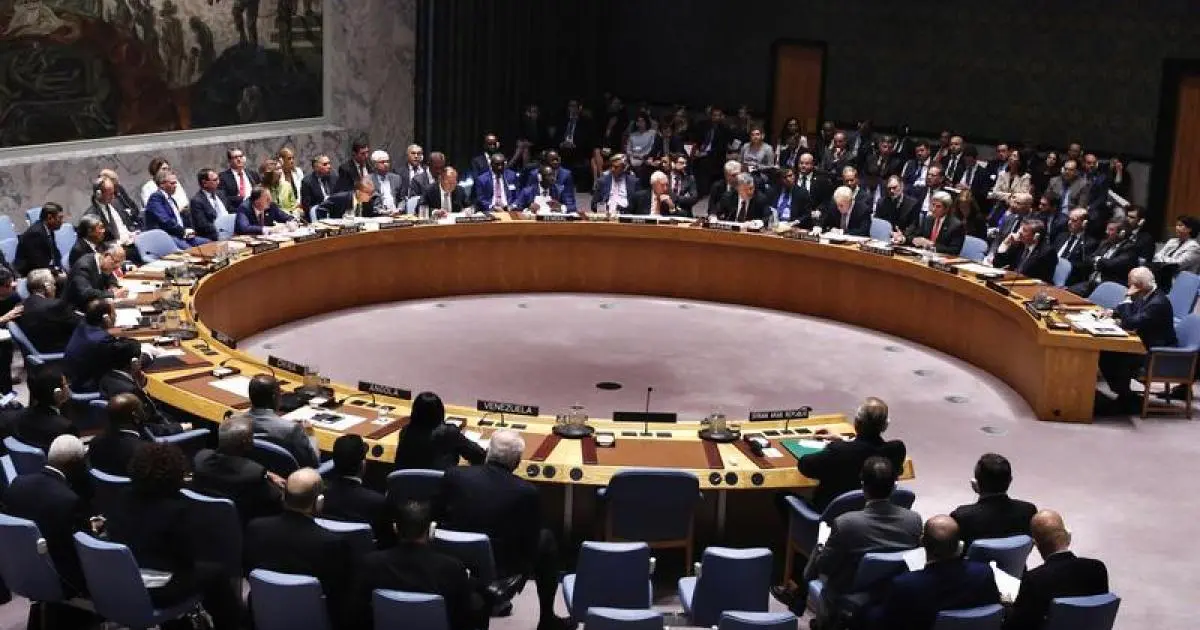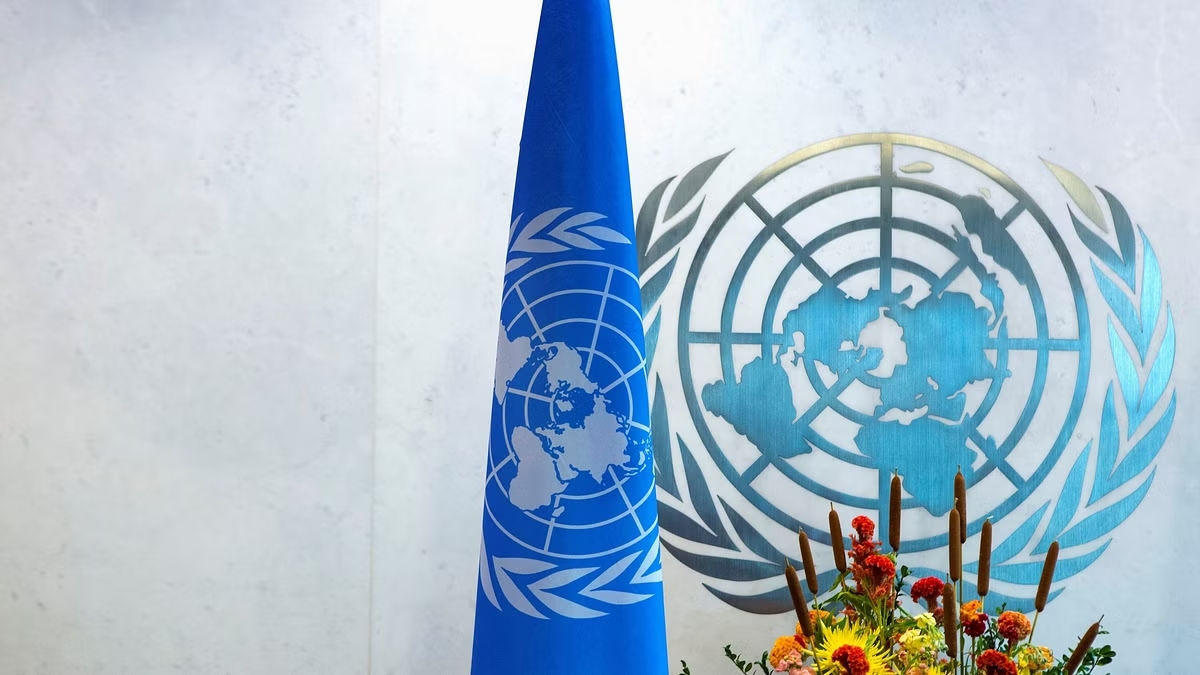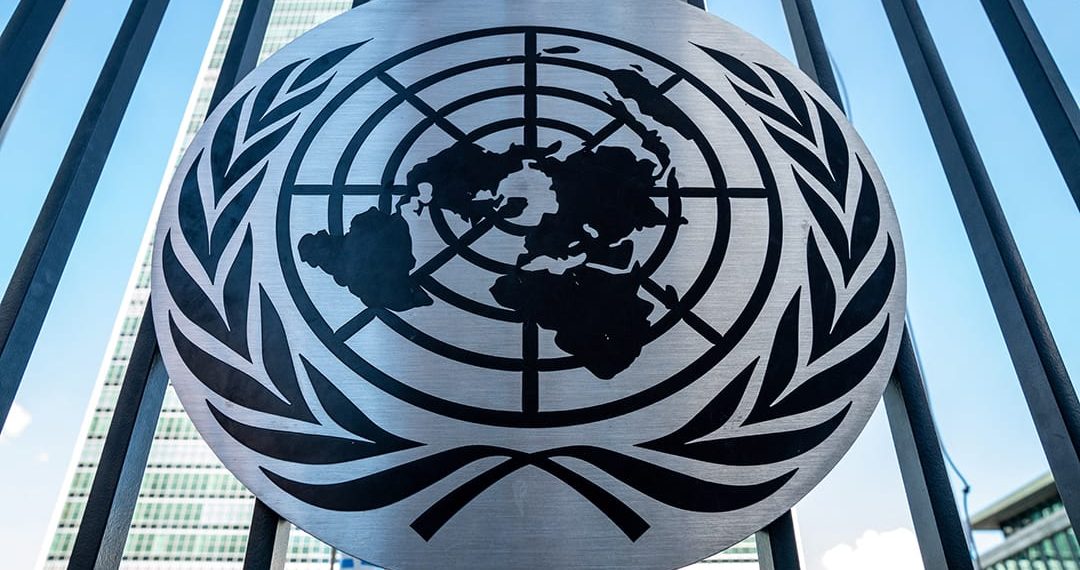The United Nations mission in Iraq, tasked with investigating Islamic State (IS) genocide and war crimes, faces premature closure due to strained relations with the Iraqi government. UNITAD, established in 2017, aims to hold IS members accountable for atrocities.
Despite its decade-long campaign of terror, many victims remain displaced and yearn for justice.
UNITAD’s head, Christian Ritscher, acknowledges the unfinished work, citing the need for more time and resources. However, the mission’s mandate was only renewed for one final year, leaving key investigations incomplete.

Critics argue that shutting down UNITAD hampers efforts to prosecute IS members, especially after the mission aided in several convictions abroad. They question Iraq’s commitment to justice, given the majority of its convictions are for terrorism membership rather than specific crimes.
The decision to end UNITAD comes amid challenges in aligning its goals with Iraqi expectations. Tensions arose over sharing evidence, as Iraq’s use of the death penalty conflicted with UN policies.
The closure has disappointed IS victims, particularly Iraq’s Yazidi community, which suffered mass killings and enslavement. They had hoped for UNITAD’s continued support in seeking justice.

As UNITAD’s closure nears, negotiations ensue over the fate of the evidence it gathered. Concerns arise over potential misuse by Iraq and the need to ensure accountability for IS crimes.
While Iraq asserts its commitment to justice, questions linger over the reform of its judiciary and legislation on international crimes. Some fear a lack of political will may hinder progress.
UNITAD remains dedicated to preserving its work and ensuring justice prevails, albeit facing uncertainties over the fate of its investigations and evidence.





